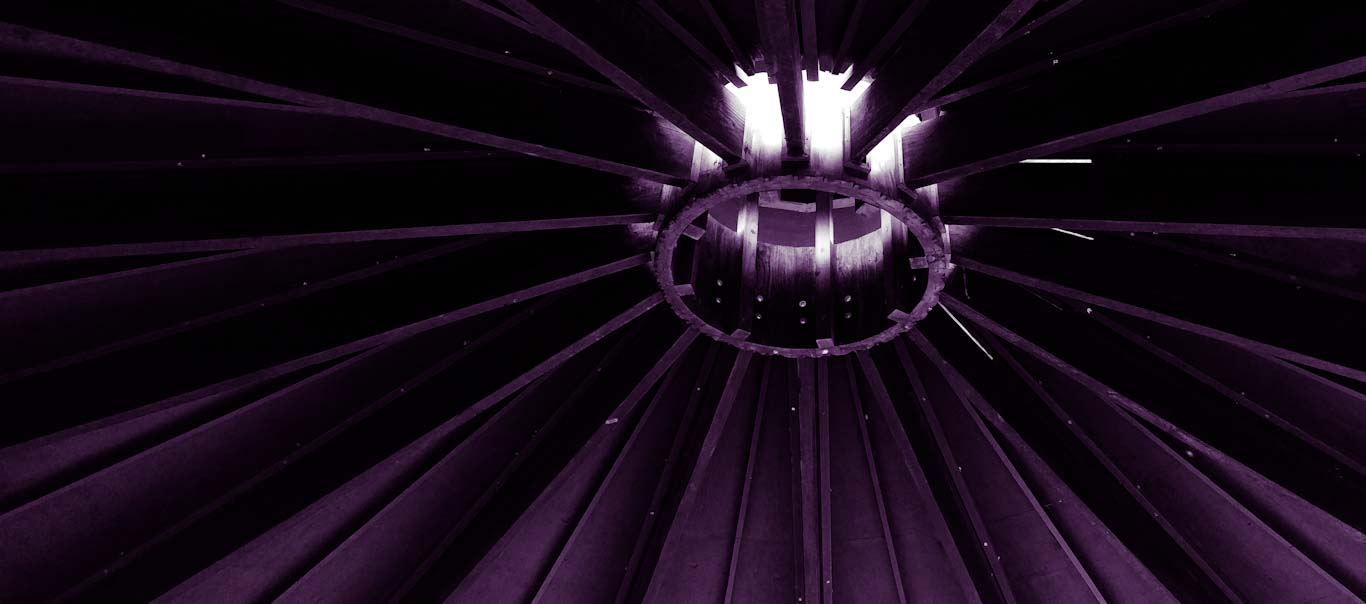Your basket is currently empty!
The Burden of Choice

Choice is that horrible thing we despise when something doesn’t work out in our favour, but it’s a right we jealously defend when things go our way. Right there is the crux of balance, but balance will remain elusive if we don’t recognise the choices that we made. That is not as basic as it sounds.
One human trait that is available in abundance is the trait of obliviousness. Not only are we often oblivious to the impact we have on others, we are equally oblivious to the choices that we make in the process. Not being aware of the impact we have is sometimes a result of being so internally focused on our needs or flaws that we don’t expect to have any meaningful impact on anyone else.
When we are so distracted by that internal focus, it is easy to assume that we are simply following the rabbit hole of our thoughts without recognising the decisions we make each time we arrive at a fork in the tunnels. Roads have daylight to warm us during the day, and stars at night to guide us. No, this is a much more daunting journey than that. We rarely travel by daylight or by moonlight when our focus is so intensely internal. That is when we are most oblivious which is quite ironical given that it is exactly such introspection that we hope to make us more aware of who we are and what our contribution to this world might be.
And thus we trundle along through those tunnels, bumping into others, sometimes torchbearers on that path, assuming that they are only there for the same reason that we are, but ignoring the fact that they have the same needs as we do. We all just express our needs differently. Right there, in that moment, with that assumption, a choice is made. A choice to engage, to trust, to assume good, or to withdraw and assume that there is no good to be achieved, or that there is no familiarity or comfort to be taken. Those are the choices that we grow oblivious to when we become so intensely focused on our journey that we lose sight of those travelling the same journey, or perhaps having travelled it already.
In the process of living so selfishly, despite our best intentions, we discard exactly what we may be in search of, and then lament not finding it. Sometimes we are reminded of such choices but grow defensive at the thought of being responsible for our own misery. Surely my sincere pursuit of happiness and enlightenment cannot be the cause of my own misery? Why didn’t someone make me aware of it? Why didn’t someone say something? Why couldn’t they just understand what I was going through? Even if all those questions are answered in the affirmative. it does not change the reality of the fact that it was choices, well-meaning but sometimes destructive choices that we make sincerely and with conviction that isolates the very blessing that we set out to acquire.
Lighthouses and travellers. The irony of this is that no one is ever only one of the two for any extended period of time. The dance of life leads us to switch roles without even realising that we are. When a lighthouse is needed, we immediately assume the position because of our desire to breathe life into that which we find wholesome, or beautiful, but just as quickly we become travellers looking to draw pleasure from that same beauty and appreciate the calming presence of the lighthouse.
If only life was static and predictable. It never is. And the dance between lighthouses and travellers remain a fluid exchange of choices that we make in that moment. The more mindfully we choose, the greater the impact of our choices on our lives. The more oblivious we are with the choices that we make the greater the impact on the lives of others.
In that lies the burden of choice. We are not only accountable for the choices we recognise. That is an easy accountability to accept. It is accepting accountability for the choices that we did not intend to make that determines our authenticity and often, it determines the quality of the relationships that contribute towards the joy and comfort that we experience in life. Neglect these out of fear of being accountable for causing harm or pain, and you will find yourself troubled by consequences that seemingly have no good reason to happen to a good person. And that, I believe is one of the reasons why bad things happen to good people.
P. S. I think it’s human to be oblivious simply because of the scale of distractions that we are exposed to all the time. Therefore, it is in becoming aware (after the fact) of the unintended harm that tests whether our ego is driven towards humility and accountability, or arrogance and deniability.
Discover more from
Subscribe to get the latest posts to your email.
